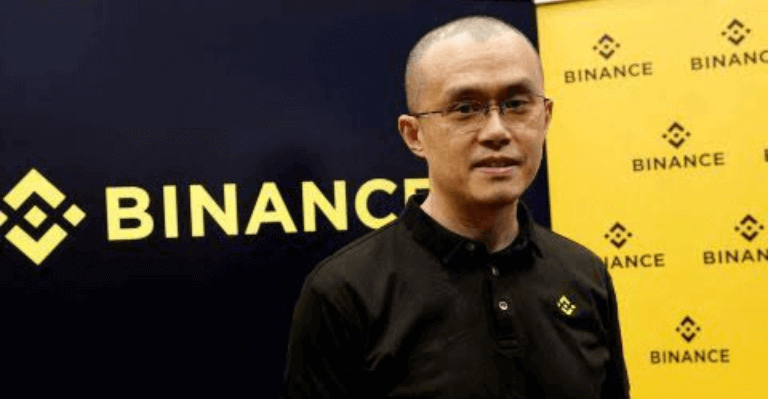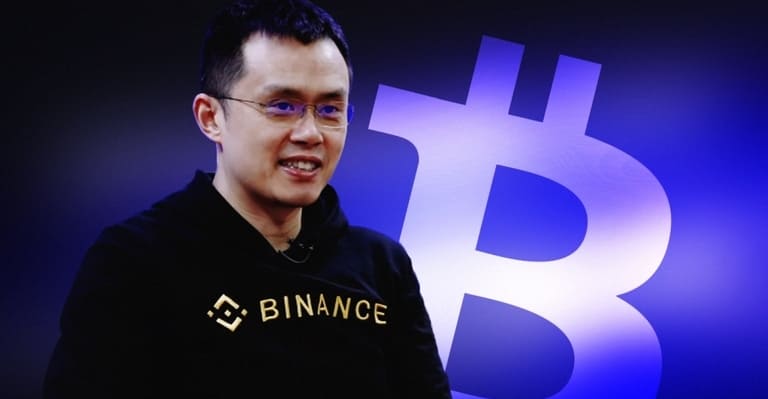TL;DR
- Changpeng Zhao, co-founder of Binance, sees Bitcoin as “just money” and predicts an increase in its adoption and value in the coming years.
- Zhao predicts that Bitcoin’s adoption will reach between 50% and 70% of the global population in the next few years, with a potential price of $850,000 per unit.
- Binance’s co-founder supports the creation of a strategic Bitcoin reserve by the U.S. and anticipates that China will start accumulating BTC discreetly.
Changpeng Zhao, co-founder of Binance, shared his optimism about the future of Bitcoin (BTC) during his speech at the Middle East and North Africa Bitcoin Conference held in Dubai.
In his speech, Zhao expressed that BTC should simply be considered “money,” arguing that its applications and use cases will continue to evolve and grow in the coming years. As nation-state adoption of the cryptocurrency increases, its value will grow “mathematically,” according to the entrepreneur.
Bitcoin Will Eventually Be Used by Everyone
Zhao highlighted that, currently, only between 5% and 10% of consumers invest in Bitcoin, but he predicts that, in the coming years, adoption will reach between 50% and 70% of the global population. With this adoption rate, it is possible that, in the long term, BTC will be used by 100% of consumers, although Zhao acknowledged that this process could take several generations. In his opinion, the value of BTC could surpass the market capitalization of gold, which currently stands at $17.9 trillion, implying a price of $850,000 per unit.

China, the United States, and El Salvador and their Relationship with BTC
Another topic in his speech was the recent proposal by the United States to create a “strategic Bitcoin reserve,” something that Zhao considered a “smart” measure. According to him, if the United States goes in this direction, other countries will also adopt similar policies. In particular, he predicted that China, leveraging its focus on the Hong Kong region as an experimental space for digital assets, will also begin to quietly accumulate BTC rather than publicly announcing it.
On the other hand, El Salvador’s political situation is also highly relevant. In the hours leading up to Zhao’s talk, it was reported that the Central American country plans to revise its controversial Bitcoin law in order to secure a deal with the International Monetary Fund (IMF). The change in legislation would allow businesses in the country to no longer be required to accept Bitcoin as a form of payment, potentially opening the doors for an agreement that would secure international financing for El Salvador

